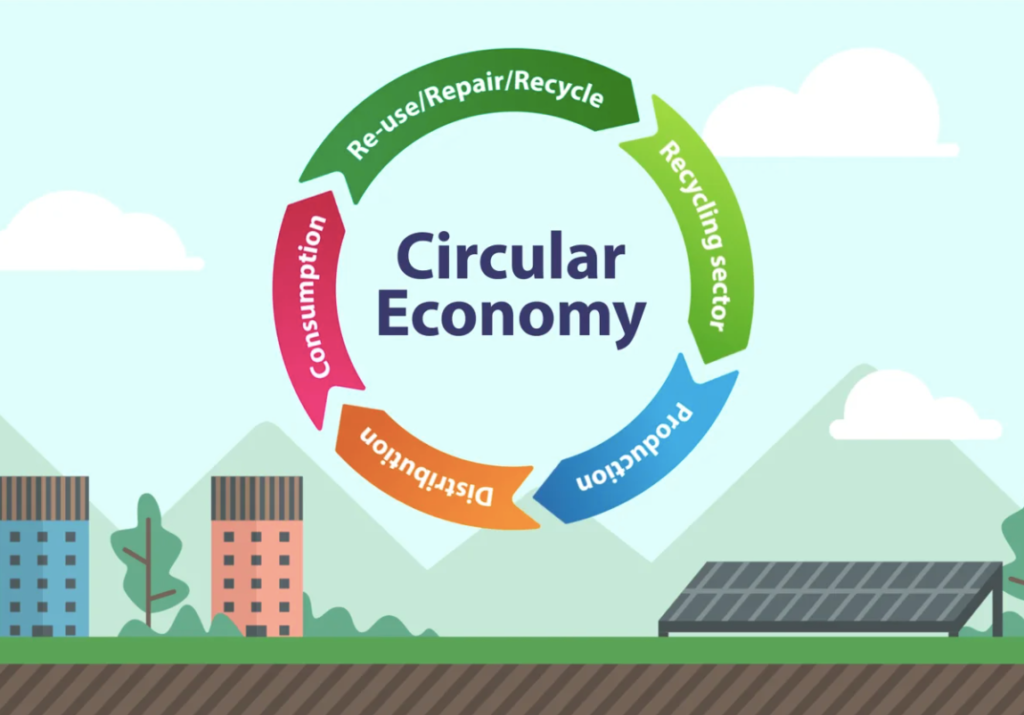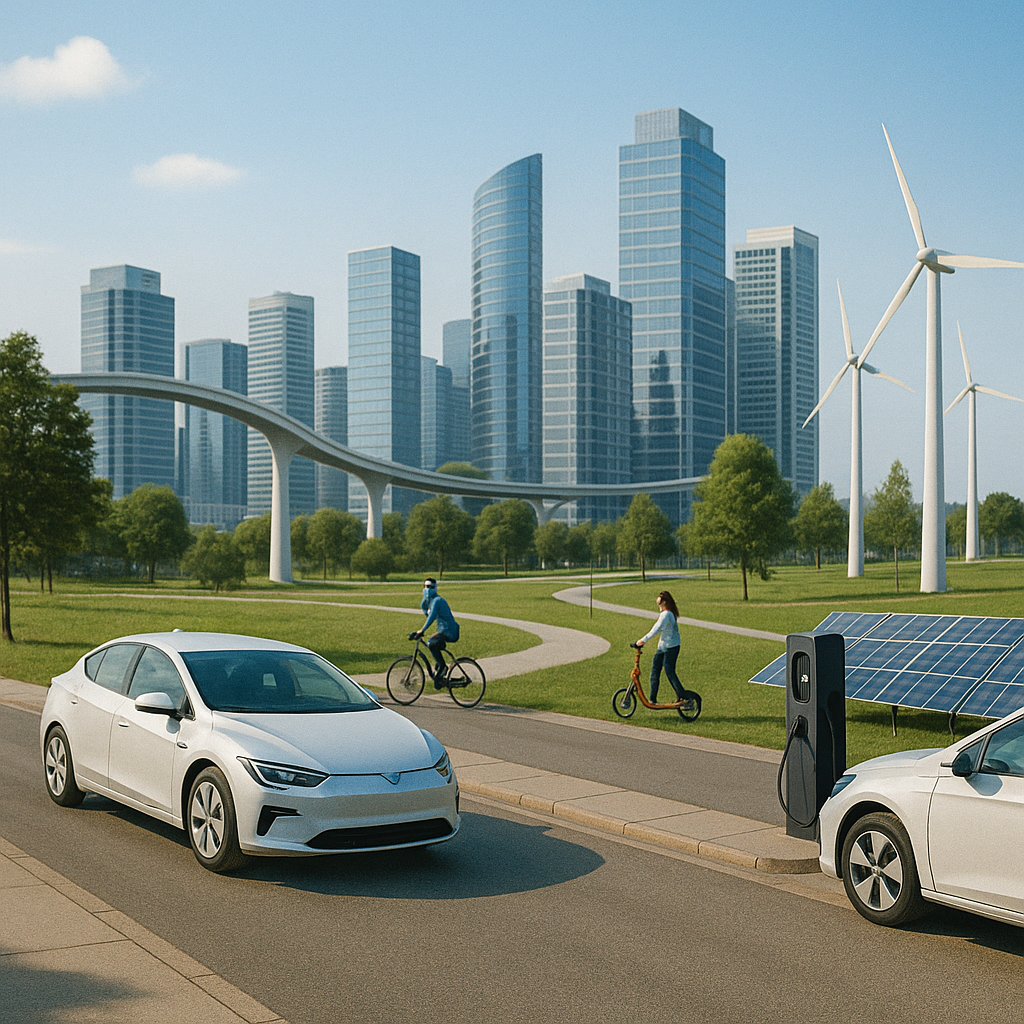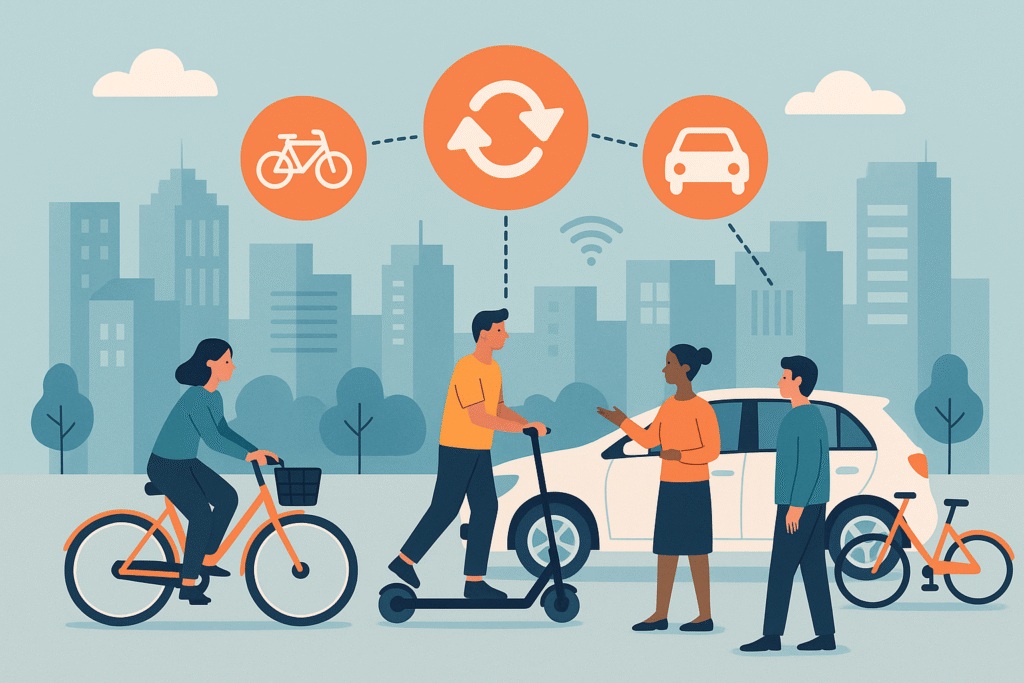Our “Top-3” series explores the most impactful trends and practical solutions emerging within the sharing economy, from shared mobility and car-sharing to smart cities and eco-friendly practices.
In this first edition, we’ve identified the top three ways the sharing economy is advancing sustainable living across Europe. These insights highlight concrete actions individuals and communities can take to drive positive environmental change.
Here are the key ways the sharing economy is shaping a more sustainable future:
1. Reducing Waste and Promoting a Circular Economy
The sharing economy encourages the reuse and repurposing of goods, shifting the focus from ownership to access. This helps decrease the demand for new products, reduces waste, and supports a circular economy where products and materials are kept in use for as long as possible.
Platforms that facilitate the sharing of tools, clothing, and household items are key in extending the lifespan of products and preventing unnecessary disposal. Notably, over 60% of Europeans are concerned about the growing quantities of waste—an issue that has nearly doubled in the past 15 years—, signaling a strong societal shift towards more sustainable consumption patterns.
2. Lowering Carbon Emissions with Shared Mobility
Shared mobility services, such as car-sharing and bike-sharing programs, reduce the number of private vehicles on the road, leading to a decrease in greenhouse gas emissions. Studies show that shared transportation options can cut emissions by 77-85%, demonstrating their environmental benefits.
Car-sharing alone is projected to save over 2.5 million tons of CO2 annually across Europe by 2030, supporting efforts to build a sustainable, low-emission transport system.
3. Empowering Communities through Collaborative Consumption
The sharing economy thrives on the principles of collaborative consumption, where communities share resources to optimize usage, reduce waste, and lower costs. This fosters a culture of cooperation, making sustainable living more accessible and affordable for individuals across Europe.
In 2016, the largest sharing economy markets in Europe—France, the UK, Poland, Spain, Germany, Italy, and Denmark—accounted for about 80% of the market, reflecting a significant move toward more sustainable, less wasteful economies.





